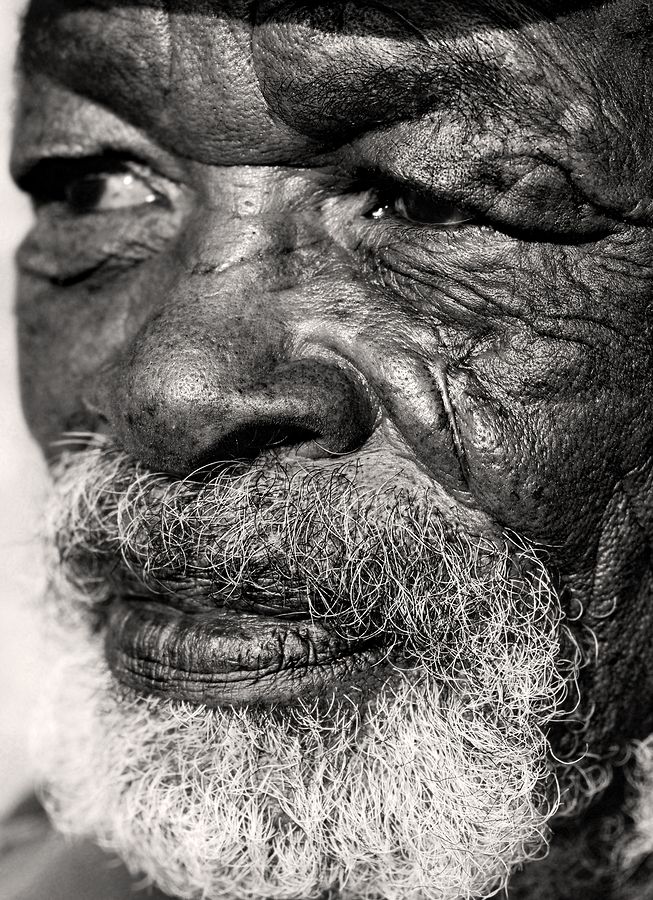Living to 90 and Beyond
Discover what promotes healthy aging in seniors with The 90+ Study. Led by Co-Principal Investigators Claudia Kawas, MD and Maria Corrada, ScD, this study examines lifestyle practices, dementia development, and more in elderly participants.

A 60 Minutes Segment You Don’t Want to Miss
Living to 90 and Beyond
The Co-Principal Investigators: Claudia Kawas, MD and Maria Corrada, ScD along with co-investigators Annlia Paganini-Hill, PhD and Dana Greenia, RN, MS study the oldest of old, in the The 90+ Study. The information that started this study is very interesting. In 1981, a retirement community was started in California. It was called. Leisure World and the study that was started was the Leisure World Cohort Study.
The 90+ Study continues to check up on those participants every six months. “The Leisure World Cohort Study was established to study the effect of modifiable lifestyle practices on longevity and successful aging when all residents of a California retirement community (Leisure World Laguna Hills) were mailed a postal health survey in 1981.
The definition of a birth cohort is “a group of people born around the same time who share similar experiences.” The 90+ Study was chosen because it was already a large cohort study in a retirement community that had been tracked long-term, and showed no signs of slowing down. This enabled the Co-Principal Investigators to study the long-term effects of aging on those living in Leisure World as they continued to age and investigate what factors lead to longer, healthier lives.
The research from The 90+ Study is also important for members of the military who are exposed to more environmental and physical stressors than the general public. Birth cohort studies can provide valuable insight into how these stressors can affect the physical and mental health of those in the military, and provide valuable information on the long-term effects of aging. By combining the results from The 90+ Study with the research being conducted by other groups, we can continue to gain knowledge about what factors contribute to longer lives.

This study also provides insight into age-related diseases, helping us better prepare to deal with them in the future. This knowledge can help us develop strategies that are tailored specifically for those who have lived longer and experienced more illnesses as a consequence of aging. With continued study of The 90+ Study, we can gain an even greater understanding of how people continue to live and age successfully into their 90s and beyond.
New residents who moved into the community after this date were mailed the survey in 1982, 1983, and 1985. Of the 22,910 residents, 13,978 (61%) completed the questionnaire. The population and cohort are mostly Caucasian, well educated, upper-middle class, and elderly.
The baseline survey asked demographic information, brief medical history, medication use, personal habits (including cigarette smoking, activities, alcohol consumption), and select food and beverage frequency intake. All the participating seniors in the in the The 90+ Study were initially participants of the Leisure World Study.
The The 90+ Study wanted to look at what determines longevity? What lifestyle choices promote living to 90 and beyond? Included in this study, was research on the development of dementia. How many developed a type of dementia? Are there changes in the brain that determine memory loss and dementia?

I think you will be surprised at what the researcher have uncovered. Researchers from The 90+ Study have published many scientific papers in premier journals. Some of the major findings are: “People who drank moderate amounts of alcohol or coffee lived longer than those who abstained. People who were overweight in their 70s lived longer than normal or underweight people did.
About half of people with dementia over age 90 do not have sufficient neuropathology in their brain to explain their cognitive loss. People aged 90 and older with an APOE2 gene are less likely to have clinical Alzheimer’s dementia, but are much more likely to have Alzheimer’s neuropathology in their brains.
People who exercised definitely lived longer than people who didn’t exercise. As little as 15 minutes a day on average made a difference.
Forty-five was the best. Even three hours didn’t beat 45 minutes a day.”
60 Minutes Living into Your 90's And Beyond 90 Part 1
Birth Cohort Study on Living to 90 and Beyond
Living to 90 and beyond Part 2
60 Minutes 90+Study 2021 includes birth cohorts study
According to a CBS News report, some people live to 90 and beyond. In fact, the average life expectancy in the United States is 78.7 years. But what drives some to reach those advanced ages? To answer this question, Lesley Stahl of 60 Minutes took part in an NIH-funded research study that followed 2,000 nonagenarians, aged 90 and older. The researchers discovered that the participants had nine traits in common: social connections, optimism, curiosity, resilience, mental agility, healthy diet, physical activity spirituality and sense of purpose.
Knowing these factors can us understand how to pursue healthier lifestyles and potentially live. Through attitude and proactive behavior change, women who've made it to 90 and beyond have adopted habits such as eating a healthy diet, exercising regularly, maintaining a few pounds below their ideal weight, engaging in social activities and using the power of optimism. They also make sure to stay mentally agile by challenging themselves intellectually and staying curious about learning new things throughout their lives.
By exploring the lifestyles of those who have lived past 90, the millennium cohort study military can better understand how members of the military can age successfully and reduce long-term health risks associated with aging. It will also provide valuable insight into how to manage physical and mental stressors that are unique to those in service. Continued studies on this topic will help us to better understand aging and how to prepare for a longer, healthier life.
The 90+ Study and the millennium cohort study military provide vital insight into how we can live longer and healthier lives in our later years. By understanding the factors that contribute to longevity, we can better manage our health over time. This knowledge is essential will ensure that members of the military can age successfully and remain healthy for as long as possible. This in turn, can help them to continue being productive citizens both inside and outside of service. With the collaborative efforts of The 90+ Study and those conducted by other groups, we can gain knowledge about how to improve the longevity of our current and
Our Resource section can help you find the information and tools that you need. We have courses, videos, checklists, guidebooks, cheat sheets, how-to guides and more.
You can get started by clicking on the link below. We know that taking care of a loved one is hard work, but with our help you can get the support that you need.
Click here to go to Resource Section now!
You might also like this article:

